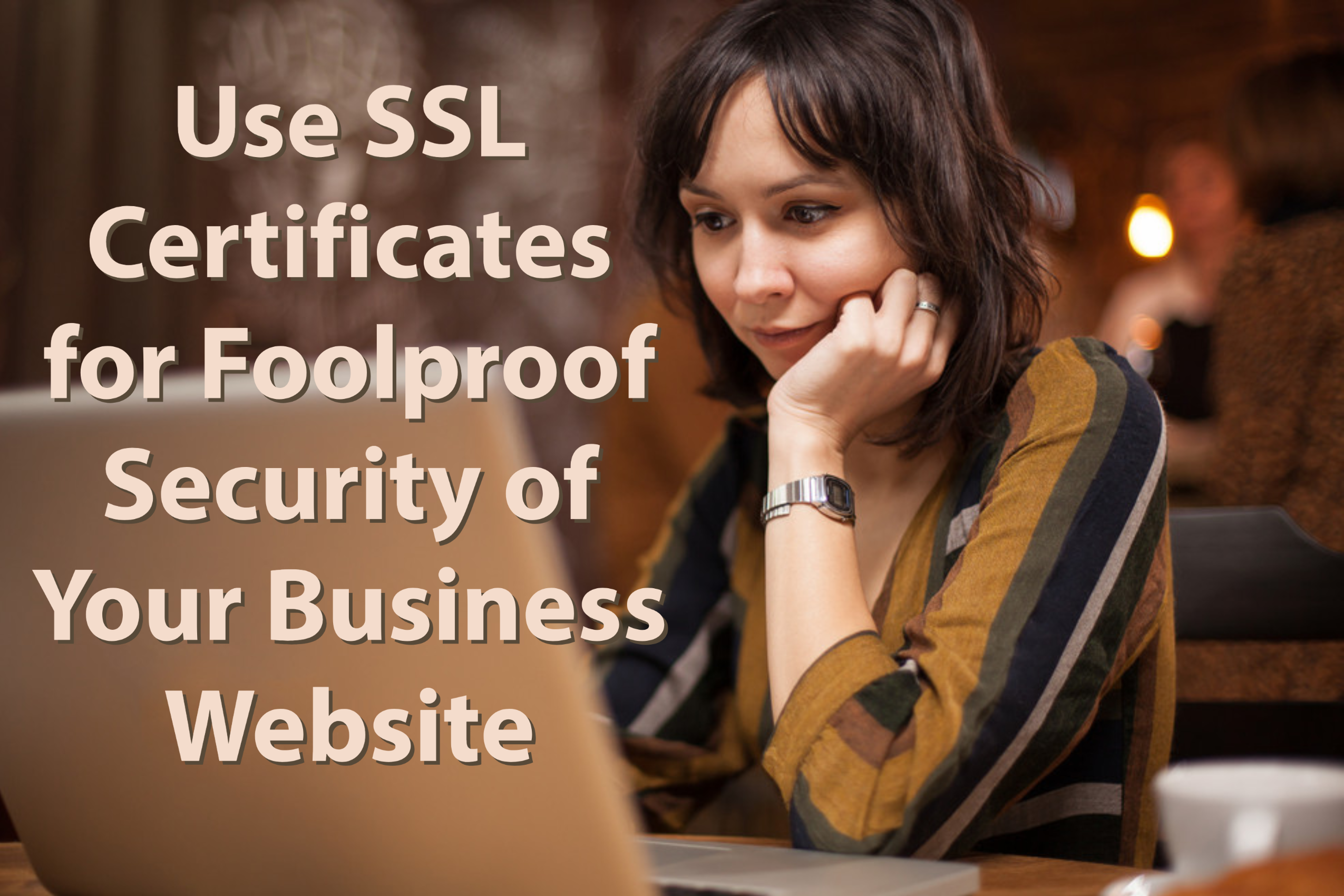When seeking reliable website hosting services, you must consider keeping your site secure. Today, the standard is to make your site “HTTPS” instead of “HTTP” if you want to avoid the embarrassment of your visitors seeing a “not private” security warning.
What is SSL?
SSL stands for “Security Locket Layer.” It involves scrambling data to make it almost impossible for hackers to read. Most websites these days have an “SSL Certificate,” which helps anyone who visits that site to feel safe. Having SSL protection increases the trust level among site owners and potential customers. The free version offers the same benefits as the paid version but doesn’t have a verified signature other than what a site owner might sign themselves.
How Do You Get an SSL Certificate?
Website hosting companies usually provide a free one through the “Let’s Encrypt” version. It offers the standard protection expected by most site visitors. You also can receive paid versions that usually comes with advanced support and might cover a validation period of one or two years versus only 30-90 days. Either free or paid, you receive the option to order one for your website when you sign up for website hosting services.
Is an SSL Certificate Necessary?
If you just have an informational domain that doesn’t require visitors to register, you might not need an SSL certificate for your site. If you do have forms that collect sensitive information such as last name, phone number, birth date, or social security number, an SSL certificate is recommended. Even if you have a web form that just requires a first name and email, it wouldn’t hurt to have SSL encryption to make visitors feel better about signing up to your newsletter, special offers, and free products.
SSL Certificate Renewal
You can usually sign up for your domain at the same time you purchase website hosting services. When you do, you could coordinate this renewal service with your SSL certificate. Make sure you check on your domain status before it expires, which usually happens once a year.
You also can purchase multi-year plans that extend your domain ownership and SSL certificate out to at least two years or longer. Whether a year or more, make sure you keep both your domain and your SSL certification active so customers can find you.

